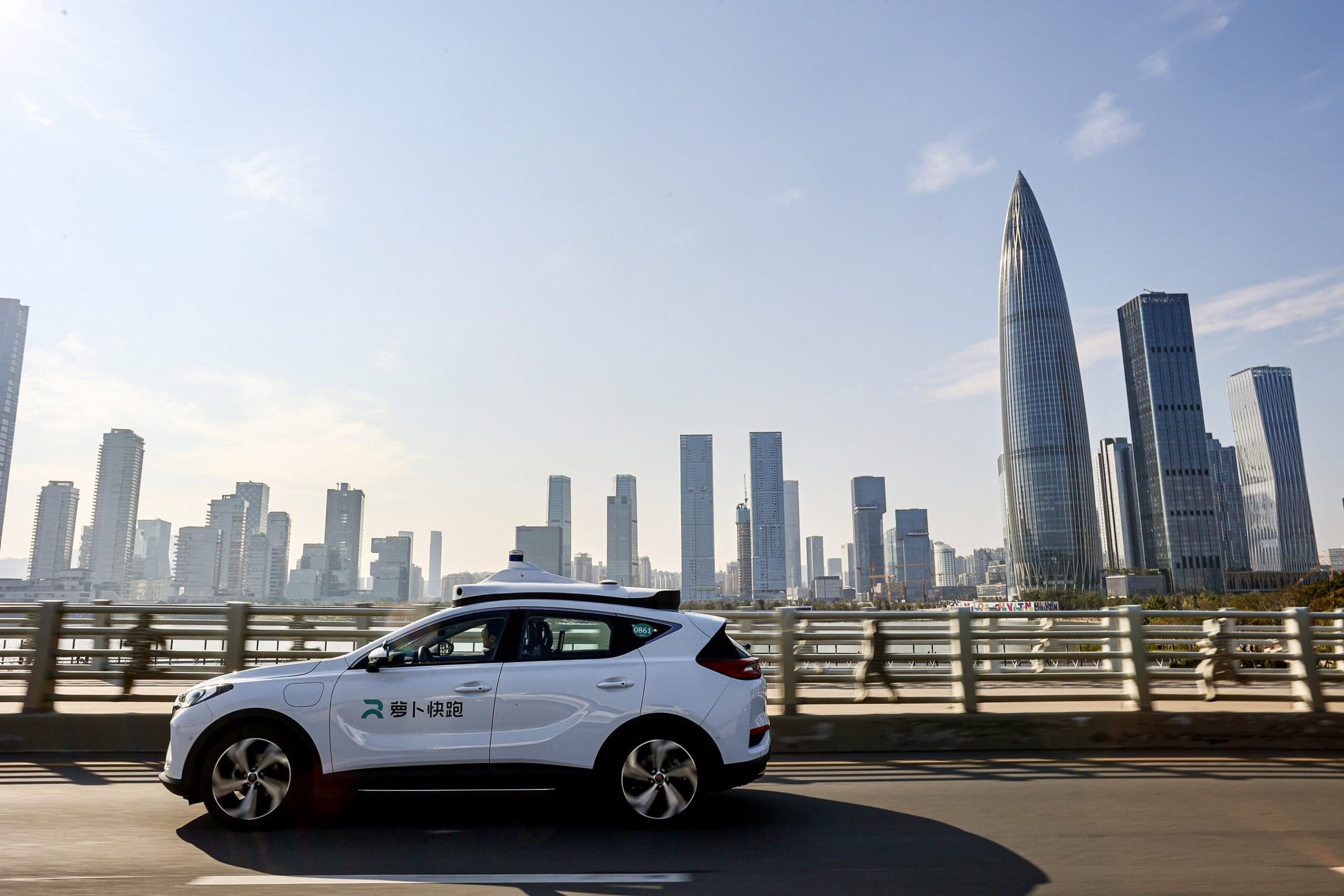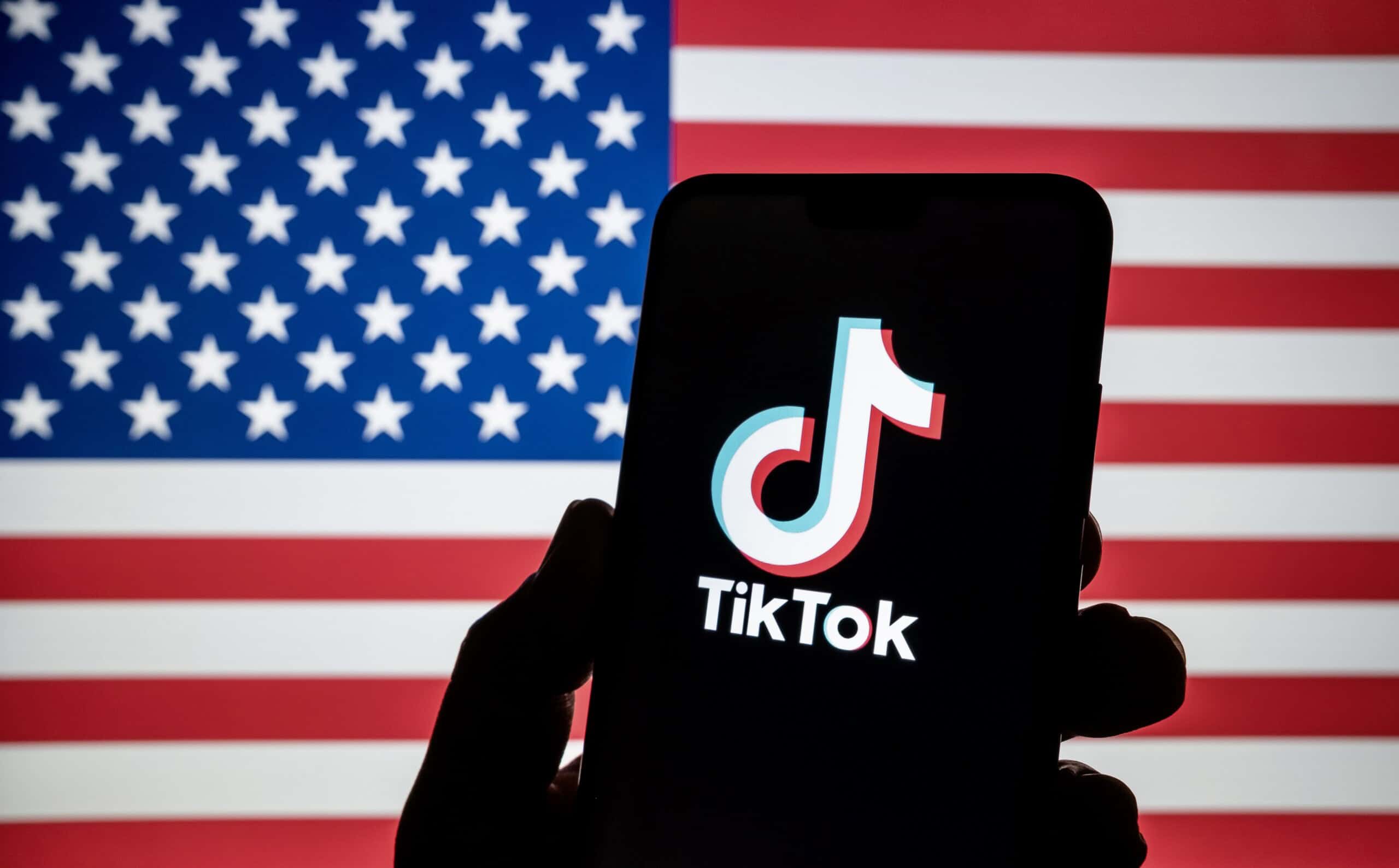As President Trump’s third national security advisor, Robert O’Brien cut a very different figure from his two predecessors, hard-charging Gen. H.R. McMaster and uber-hawk and defense intellectual John Bolton. O’Brien was known for quiet competence and harkened back to more traditional Republican appointees. Along with his deputy, Matt Pottinger, O’Brien helped steer the administration into a more confrontational approach toward China, particularly as Covid spread from China to the U.S. B



